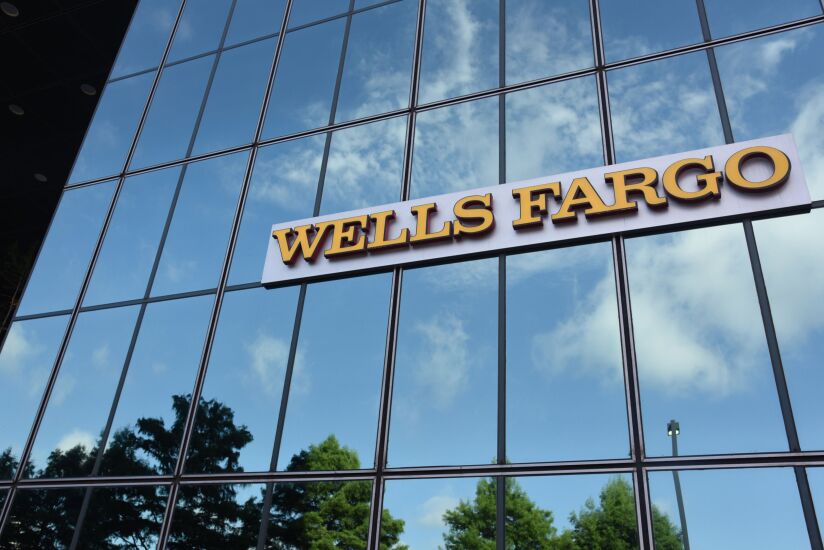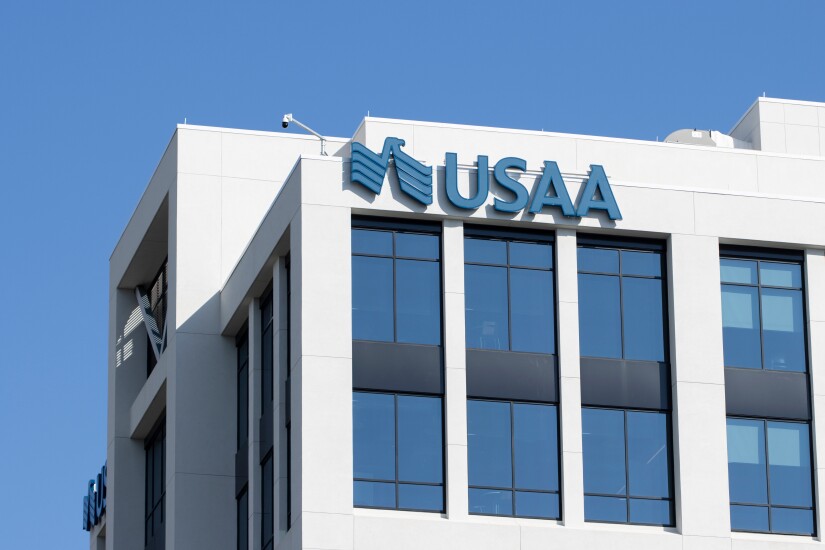WASHINGTON — The banking industry will face an evolving regulatory landscape in 2025, shaped by political shifts and recalibrations on the part of policymakers in Washington.
President Donald Trump's return to the White House is bringing with it a renewed focus on deregulation and economic growth, but it won't absolve financial institutions from scrutiny. Key bank regulatory agencies including the Federal Reserve, the Office of the Comptroller of the Currency, the Federal Deposit Insurance Corp and the Consumer Financial Protection Bureau are continuing to keep an eye on compliance, albeit with a more business friendly tilt.
Despite
Here are a few of the institutions that grabbed regulators' attention in 2024 and are expected to continue attracting attention in the next year.










